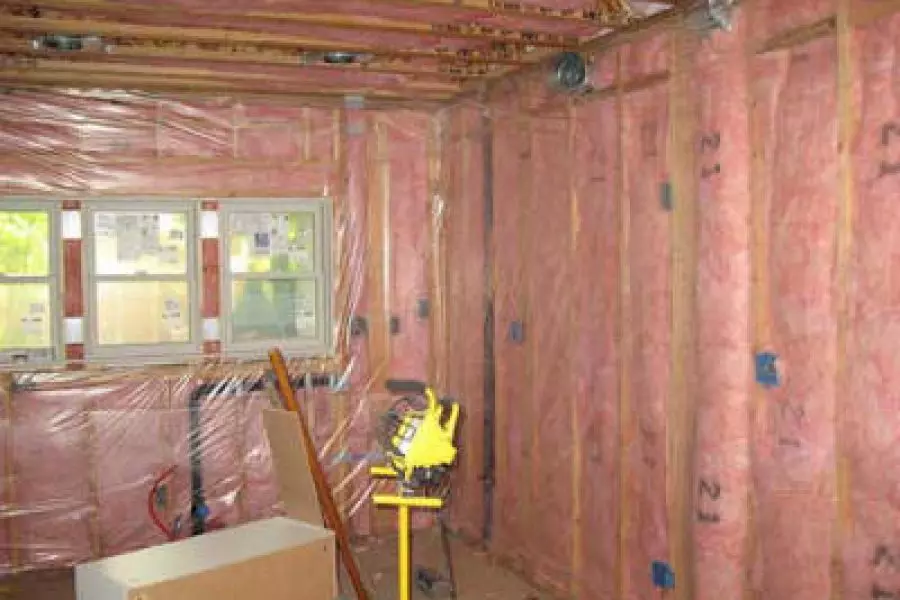News
Rental insulation requirements are now law

Thursday 2nd of June 2016
The RTA Bill has been mired in controversy due to ongoing claims that it does not do enough to make rental properties warmer, drier and healthier.
Despite this, the RTA Bill passed its final reading unanimously.
Building and Housing Minister Nick Smith said the new requirements...
Want to read the full article?
Click the button below to subscribe and will have unlimited access to full article and all other articles on the site.






![[The Wrap] Bye Bye Bayly](https://goodreturns.publit.io/file/c_fill,w_900,h_600/39f23ac1-f7c7-4854-b700-a150004ebbac.webp)


